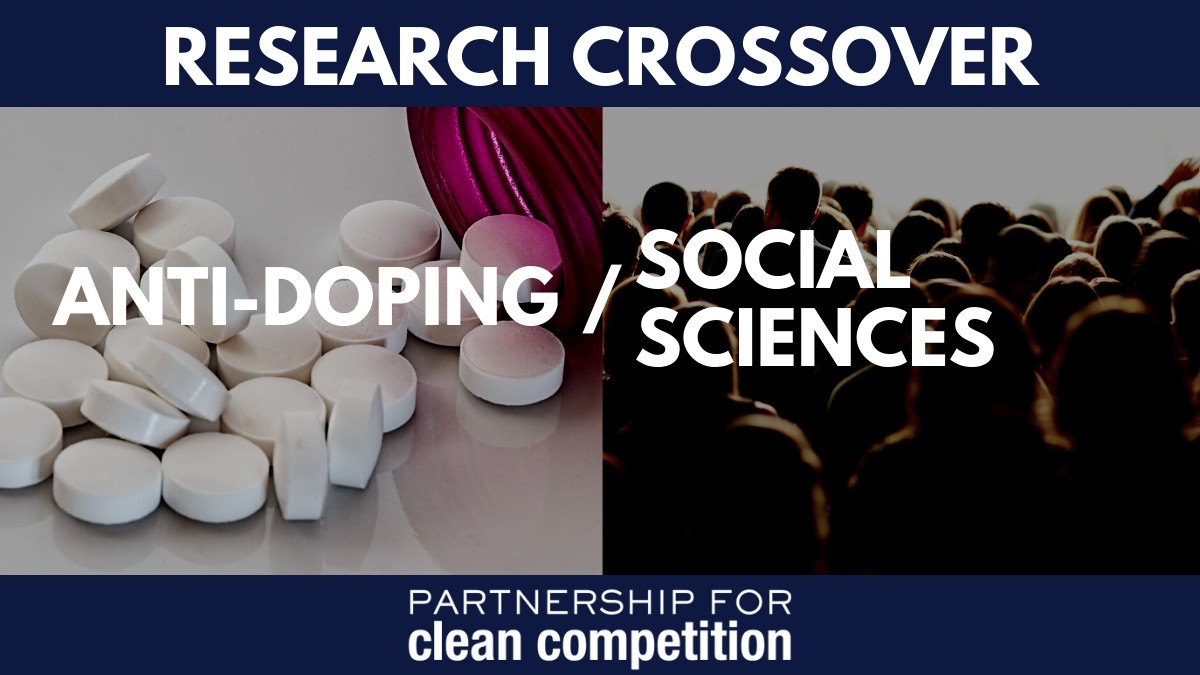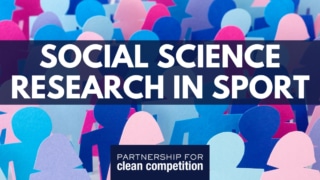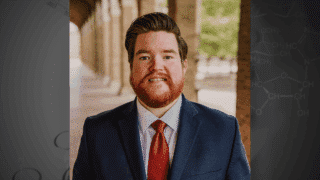The Partnership for Clean Competition funds more than 70% of the world’s anti-doping research, so when it comes to the field, we’ve seen almost everything. However, outside of anti-doping circles, many researchers don’t realize how broad the space truly is—and how their research may apply. We want to shine a light on the breadth of anti-doping work, so we’ve selected a number of areas with potentially surprising crossover.
If you know someone working in one of these realms, let them know there could be anti-doping research funding available for them.
The Human Element
Many of the problems faced by anti-doping researchers stem from chemistry of the body. Researchers are always pressed to stay one step ahead of cheating athletes, finding new ways to detect novel doping methods. However, there’s a human element to doping that sometimes gets lost in lab analysis. The Partnership for Clean Competition has updated its research priorities to include that human element and fund social sciences.
One key aspect of anti-doping is the psychology of the whistleblower. Many of the most successful anti-doping investigations have relied on whistleblowers to fill in key gaps in information. Knowing why people choose to blow the whistle, and in turn why some don’t, can help officials work successfully with clean athletes to root out those who would circumvent the rules.
Likewise, there’s information to be found about why some athletes choose to engage in doping in the first place.
Social sciences can also find pain points in anti-doping protocols for clean athletes. Ensuring athletes and officials are on the same page can go a long way toward establishing a successful anti-doping program. For example, in the relatively new scene of E-sports, officials have worked with players to establish anti-doping practices focused in on relevant substances, like drugs that aid focus. Limiting the program to relevant substances has increased its popularity among players.
Whether it be established sports leagues and governing bodies or burgeoning scenes, social sciences and research can pave the way for the successful implementation of all of the field’s other scientific advancements.
If you’re interested in learning more about the anti-doping research we fund, consider reviewing our Research Priorities here.
If you’d like to apply for PCC funding, you can register for an account in the application center here. If you have any questions, feel free to email Michael Pearlmutter at mpearlmutter@cleancompetition.org.




